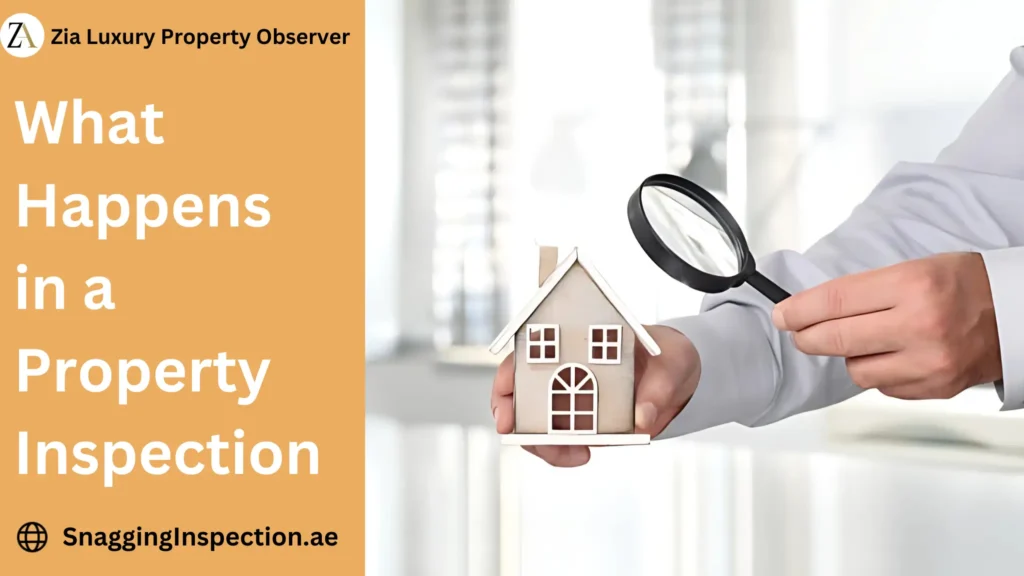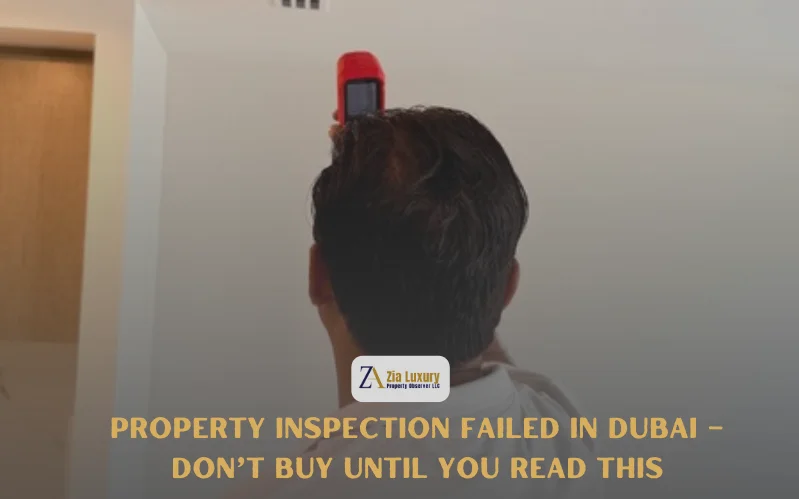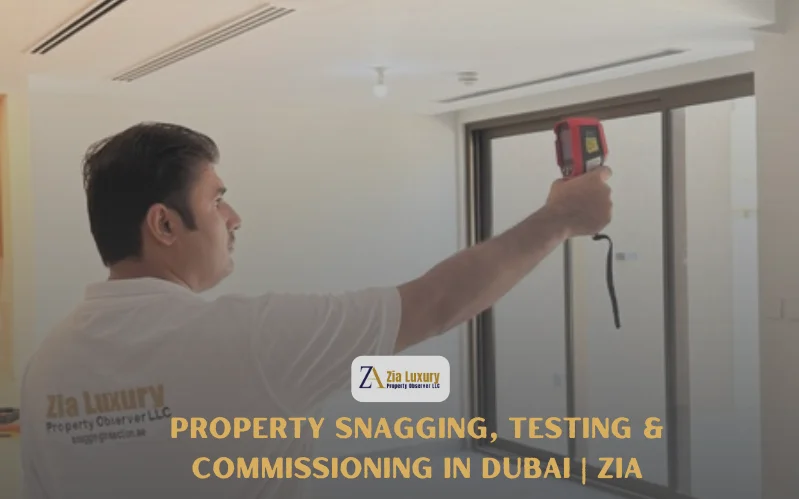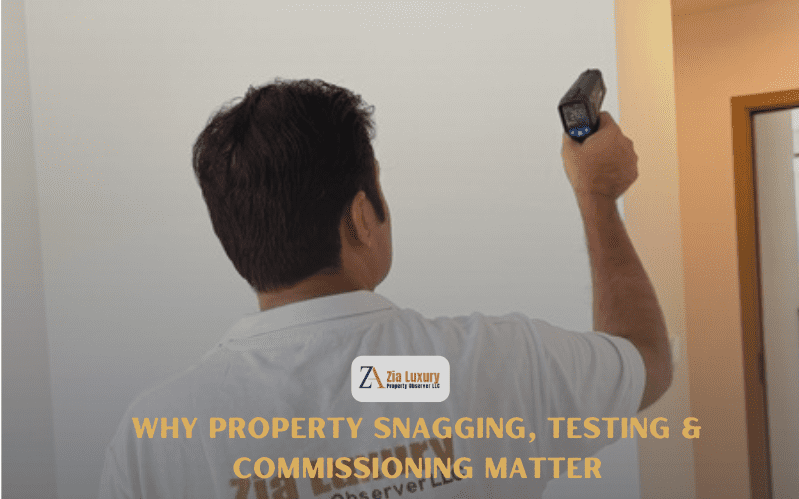A Property Inspection is an important step in the process of buying or selling a home. The condition of a property is clear understanding by both buyers and sellers thanks to it. If you are a first-time homebuyer, a seasoned investor, or someone getting ready to sell a house. Understanding what happens during a property inspection can help you make more informed decisions.
What is a Property Inspection?
A property inspection in dubai, usually conducted by a qualified home inspector, is an assessment of the physical state of a house. Finding any mechanical or structural problems that could affect the safety, functionally, or value of the property. Property Inspections usually occur after an offer is made but before closing the deal. If problems are found, they provide the buyer the chance to negotiate repairs or a price reduction.
Key Aspects of a Property Inspections
Here! The key aspects are usually covered in both exterior and interior inspections.
Exterior Inspection
Roof
- Condition of tiles/shingles, flashing, and gutters.
- Look for signs of missing parts, leaks, damage.
- Check for proper drainage and ventilation.
Structure & Foundation
- Look for cracks, settling, or signs of water damage.
- Inspect the foundation for stability and ant shifts.
Doors & Windows
- Check seals for gaps or damage that may affect energy efficiency.
- Inspect for proper function and security.
Siding & Exterior Walls
- Check for signs of cracks, decay, or rot.
- Make sure the siding is properly maintained and sealed.
Landscaping & Drainage
- Assess the grading to avoid water collecting close to the foundation.
- Check the condition of fences, gates, or other outdoor structures.
Walkways & Driveways
- Checks for cracks or uneven surfaces.
- Make sure they are stable and safe.
Exterior Electrical & Lighting
- Look for proper working of outdoor lighting and electrical outlets.
- Verify the security of ant external wiring.
Interior Inspection
Plumbing
- Check for visible leaks, water pressure, and condition of pipes.
- Test faucets, toilets, and water heaters for functionality.
Electrical System
- Inspect the electrical panel, circuit breakers, and grounding.
- Light switches, Test outlets, and verify the presence of GFCI outlets where required like bathrooms, kitchens.
Floors, Walls & Ceilings
- Look for cracks, stains, mold, or damage.
- Check for uneven floors, signs of water damage, or structural issues.
Windows & Doors
- Make sure they open and close properly, and check for any drafts or leaks.
- Inspects window seals, locks, and screens.
HVAC System
- Check the cooling, heating, and ventilation systems for proper function.
- Inspect ducts, filters, and thermostats for any problems.
Ventilation & Insulation
- Check attic and basement insulation for proper coverage and condition.
- Ensure proper ventilation to avoid moisture buildup and mold.
Kitchen & Appliances
- Assess the condition of countertops, cabinets, and flooring.
- Check the functionality of all appliances.
Safety Features
- Check for carbon monoxide detectors, smoke detectors, and fire smother.
- Verify window security, stair railings, and other safety measures.
Attic & Basement
- Check for insulation, ventilation, and moisture in these areas.
- Look for signs of mold, pests, or other hazards.
Why is Property Inspection Important?
Identifies Hidden Issues
An inspection uncovers potential problems that may not be visible to the untrained eye. Such as plumbing leaks, structural damage, electrical hazards.
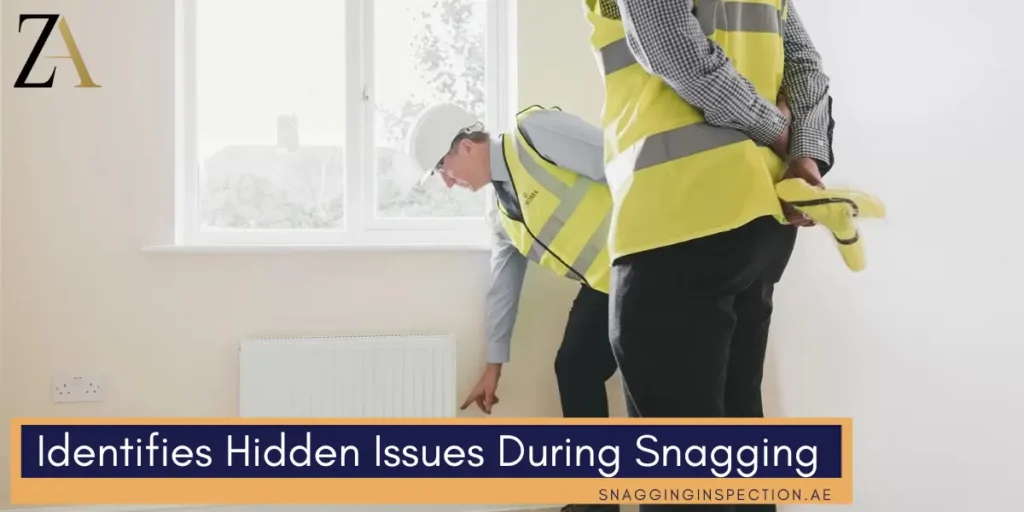
Ensures Safety
By detecting safety risks like defective wiring, gas leaks, or dangerous staircases. The inspection shields the residents from possible injury.
Prevents Future Expenses
Catching problems early allows buyers to negotiate repairs or a price reduction. Preventing costly surprises after buying.
Informs Decision-Making
For buyers, the inspection provides clarity on whether the property is worth the investment or if repairs are needed. For sellers, it helps ensure the property is in sellable condition.
Negotiation Leverage
If issues are found, buyers can negotiate repairs or ask for a lower price, often saving thousands of dollars.
Peace of Mind
Knowing the What Happens in a Property Inspection helps buyers feel confident in their buying and make sure no hidden surprises down the line.
Long-Term Investment Protection
Understanding the What Happens in a Property Inspection helps buyers plan for future repairs and maintenance, extending the property’s lifespan.
Complies with Contracts
Many real estate contracts include an inspection contingency. Making it important for buyers to assess a property’s condition before finalizing the sale.
What will the Inspector do?
- Check foundation for cracks and settling
- Examine roof for damage and leaks
- Inspect siding for rot or damage
- Test windows and doors for proper function
- Verify proper function of appliances
- Test HVAC system for functionality
- Examone attic and basement for moisture or leaks
- Look for signs of pests or mold
- Make sure that safety features like smoke detectors and railings meet code.
Why Choose us Zia Property Luxury Observer?
At Zia Property Luxury Observer, we specialize in luxury real estate and provide expert guidance advice based on your unique needs. Our team provides a complete range of services, from detailed property inspections to market insights. Making sure of a smooth buying or selling experience. With an attention to detail and a successful track record, we put our clients needs first and put in endless effort to get you the best results.
Conclusion
Avoiding these general inspection errors can save you time, money, and stress during your real estate journey. Working with reliable inspection partners such as Zia Property Luxury Observer can ensure a smooth and confident snagging process.

